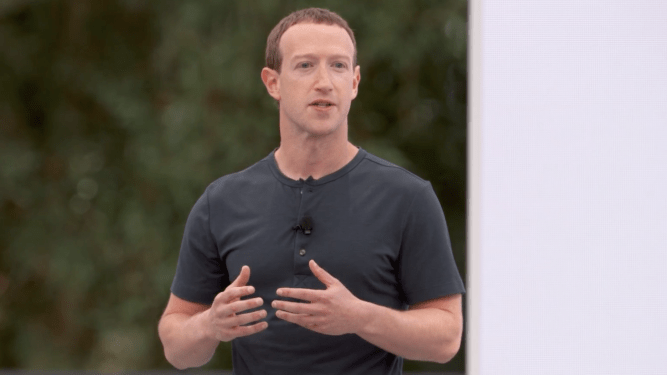
Meta and Spotify CEOs Criticize Proposed EU Regulations on Artificial Intelligence Development
In a joint statement published on both companies’ websites, Meta CEO Mark Zuckerberg and Spotify CEO Daniel Ek express their concerns about the impact of European Union (EU) privacy regulations on open-source artificial intelligence (AI). The duo argues that these regulations are hindering innovation in the field.
The Issue with EU AI Regulations
According to Meta, the lack of clarity around how to handle public data for training AI models has led to a delay in implementing AI solutions. This means that Europeans will not have access to the latest open-source technology and may be left with AI models that are not tailored to their needs.
Consequences of Delayed Implementation
Meta’s blog post highlights the consequences of this delay, stating that:
- The most powerful AI models will not reflect the collective knowledge, culture, and languages of Europe.
- Europeans will miss out on using the latest AI products.
- AI ‘built for someone else’ may be used instead.
Spotify’s Concerns
Spotify also shares its concerns about the impact of EU regulations on innovation. The company points to its early investment in AI technology as a key factor in its success, particularly in creating a personalized experience for users. Spotify believes that open-source AI can benefit the entire industry and provide crucial support to European developers.
A Unified Voice Against Over-Regulation
While Meta and Spotify are not against regulation per se, they argue that the current framework is too restrictive. They believe that a more simplified regulatory structure would accelerate the growth of open-source AI and support European developers. This stance is in contrast to their previous criticism of Apple’s App Store monopoly and its impact on innovation.
A History of Collaboration
Meta and Spotify have a history of working together, having teamed up on music initiatives such as a mini-player that streams Spotify directly from the Facebook app.
The Call for Change
In their joint statement, Zuckerberg and Ek emphasize the need for regulatory clarity to unlock the full potential of AI innovation. They hope that by speaking out against over-regulation, they can create a more favorable environment for open-source AI development in Europe.
Background on EU Privacy Regulations
EU privacy regulations aim to protect individuals’ personal data and ensure transparency in AI development. However, these regulations can also hinder innovation if not crafted carefully.
The Impact of Over-Regulation on Innovation
Over-regulation can stifle innovation by creating uncertainty and risk aversion among developers. This can lead to a delay in implementing new technologies, ultimately hindering progress.
A Call for Collaboration
Meta and Spotify’s joint statement highlights the importance of collaboration between industry leaders and regulators. By working together, they believe that a more balanced approach to AI regulation can be achieved.
The Future of Open-Source AI
As open-source AI continues to evolve, it is essential to create a regulatory environment that supports innovation while protecting individuals’ rights. Meta and Spotify’s stance on this issue may spark a broader conversation about the future of AI development in Europe.
Conclusion
Meta and Spotify’s joint statement serves as a reminder of the importance of balancing regulation with innovation. By working together, industry leaders and regulators can create a more favorable environment for open-source AI development in Europe.
Appendix: Key Points from Meta and Spotify’s Joint Statement
- EU privacy regulations are hindering innovation in AI.
- Lack of clarity around public data handling has led to delays in implementing AI solutions.
- Europeans may be left with AI models that are not tailored to their needs.
- Open-source AI can benefit the entire industry and provide crucial support to European developers.

